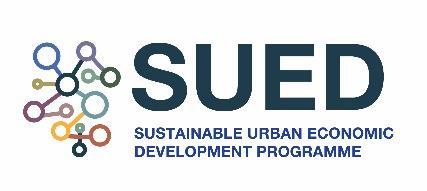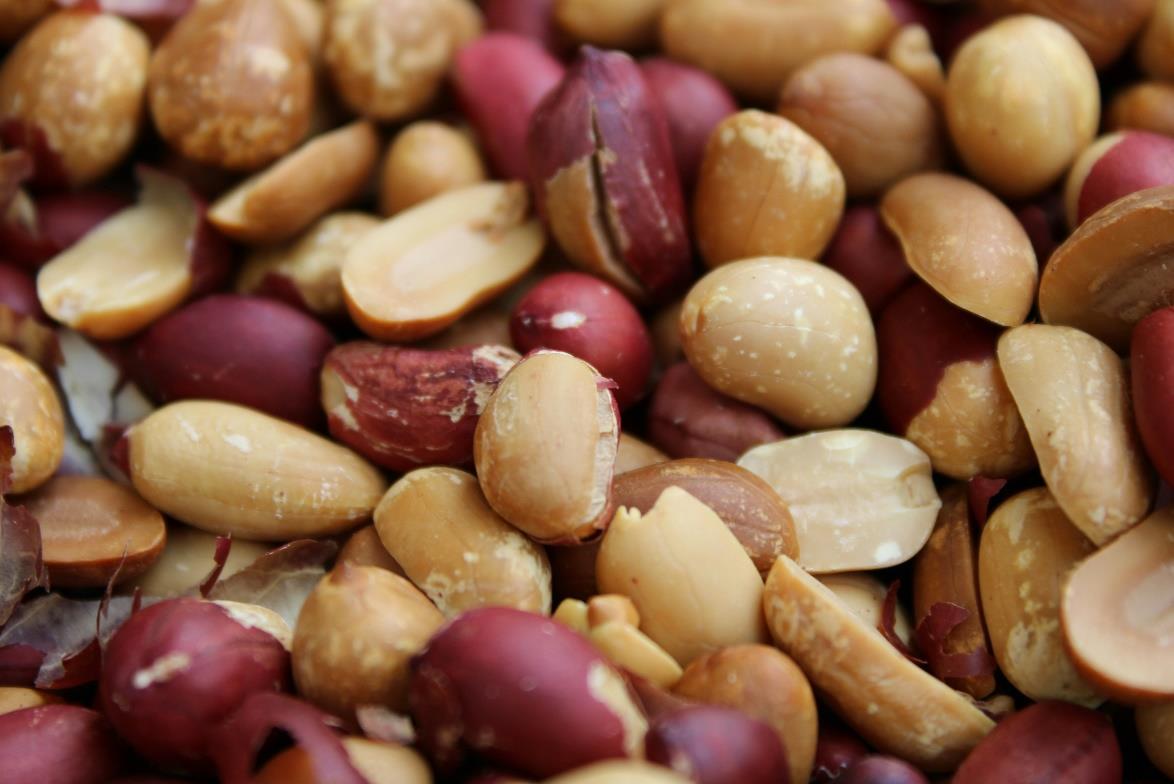






Iten’s Groundnut Revolution A Model for Inclusive AgroIndustrial Growth
The Challenge: High Yields, Low Returns
Elgeyo Marakwet County, particularly Kerio Valley, is one of Kenya’s top groundnut-producing regions, yielding up to 6,000 metric tonnes annually. Yet, despite this abundance, farmers struggled to translate harvests into prosperity. As one farmer put it, “We had the harvest, but no way to make it count.
Key barriers included:

• No local processing facilities forcing reliance on distant markets like Nairobi
• Low farmgate prices and high post-harvest losses due to aflatoxin contamination
• Limited access to certified seeds and structured markets, especially for women and youth
• Missed opportunities for value addition and job creation
Groundnuts climate-resilient and fast-maturing remained underutilized, trapped in a cycle of subsistence farming and informal trade. “We were growing groundnuts, but not growing our futures,” said a youth cooperative member.
SUED’s Intervention: A Public-Private Partnership Anchored in Local Strength
To unlock Iten’s agricultural potential, SUED partnered with Top Foods Industries to establish a groundnut processing plant that would catalyze inclusive growth.
Key components of the intervention:
• Production of Ready-to-Use Therapeutic Foods (RUTF), peanut butter, energy bars, and peanut powder
• Contracting 2,000 farmers through cooperatives like Soy Farmers’ Cooperative Society
• Multiplication of improved seed varieties (Egerton I & II) in partnership with Egerton University and ICRISAT
• Supplying nutritious products to humanitarian agencies and East African retail markets
SUED’s seed fund contribution will enable the construction of food-safe rooms and acquisition of specialized packaging equipment, ensuring compliance with global standards and unlocking new markets.
Iten was chosen for its unique blend of agricultural potential and logistical advantage "We knew Iten had the land, the people, and the will," said a county official.
• Proximity to Kerio Valley’s high-yielding groundnut zones
• Reduced transport costs and minimized post-harvest losses
• Strong County government support, including land allocation and infrastructure upgrades
• Access to improved seed varieties that triple yields and reduce aflatoxin risk
This strategic positioning will allow the plant to source consistently, scale operations, and serve both humanitarian and commercial markets.
Once operational, the Iten groundnut processing initiative is expected to deliver transformative benefits across Elgeyo Marakwet County:
• Increased Farmer Incomes: Participating farmers are projected to earn up to KES 160,000 annually more than double their previous average earnings.
• Job Creation and Inclusion: The facility will create 95 direct jobs, with a deliberate focus on including women, youth, and persons with disabilities.
• Climate-Smart Agriculture: Extension services, irrigation support, and aflatoxin management will promote sustainable farming practices and improve crop quality.
• Circular Economy Benefits: Peanut waste will be repurposed into animal feed and biogas, reducing environmental impact and creating additional value streams. By anchoring the value chain locally, SUED and Deluxe Foods aim to build a resilient agroindustrial ecosystem that supports livelihoods, enhances food security, and drives inclusive economic growth.